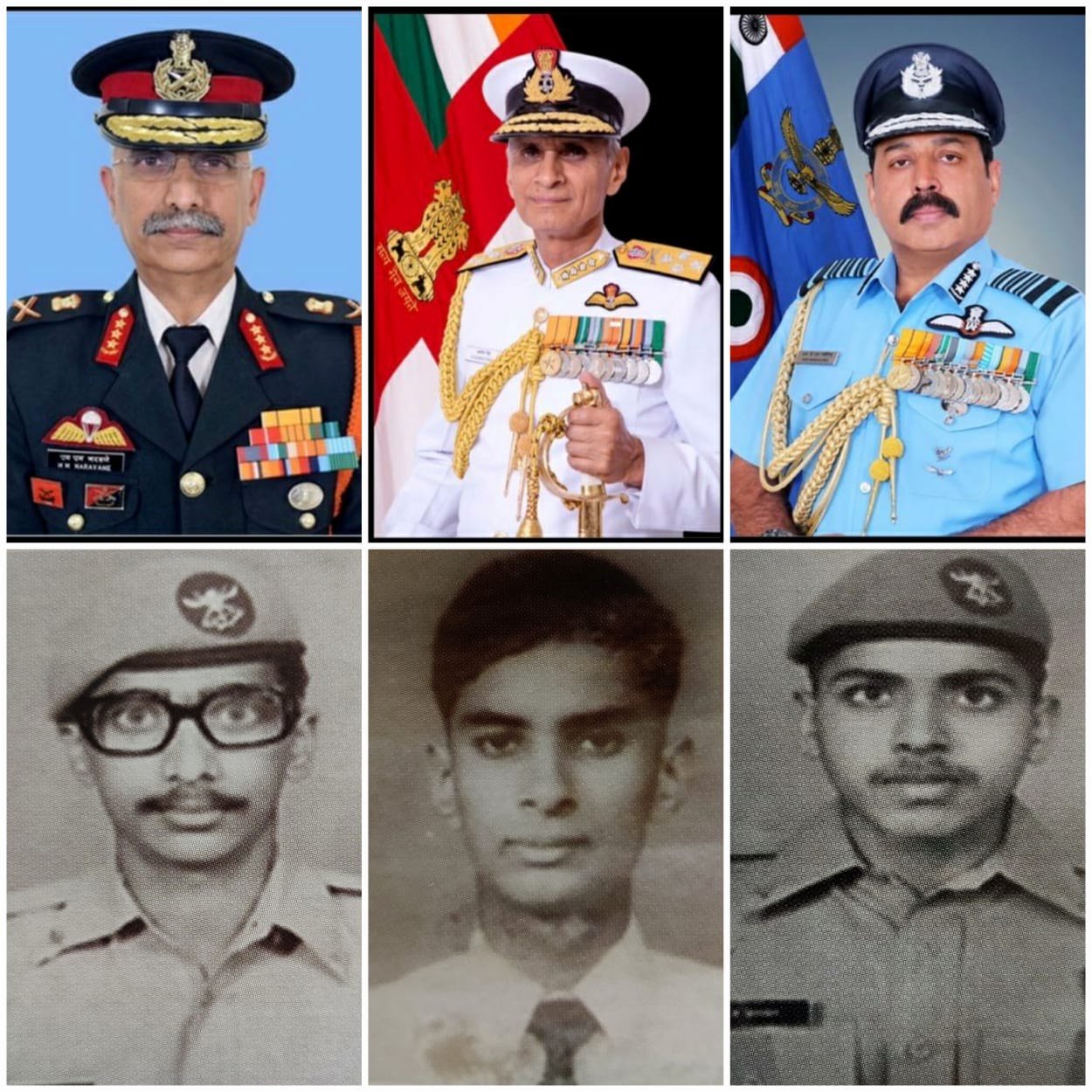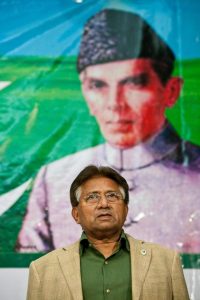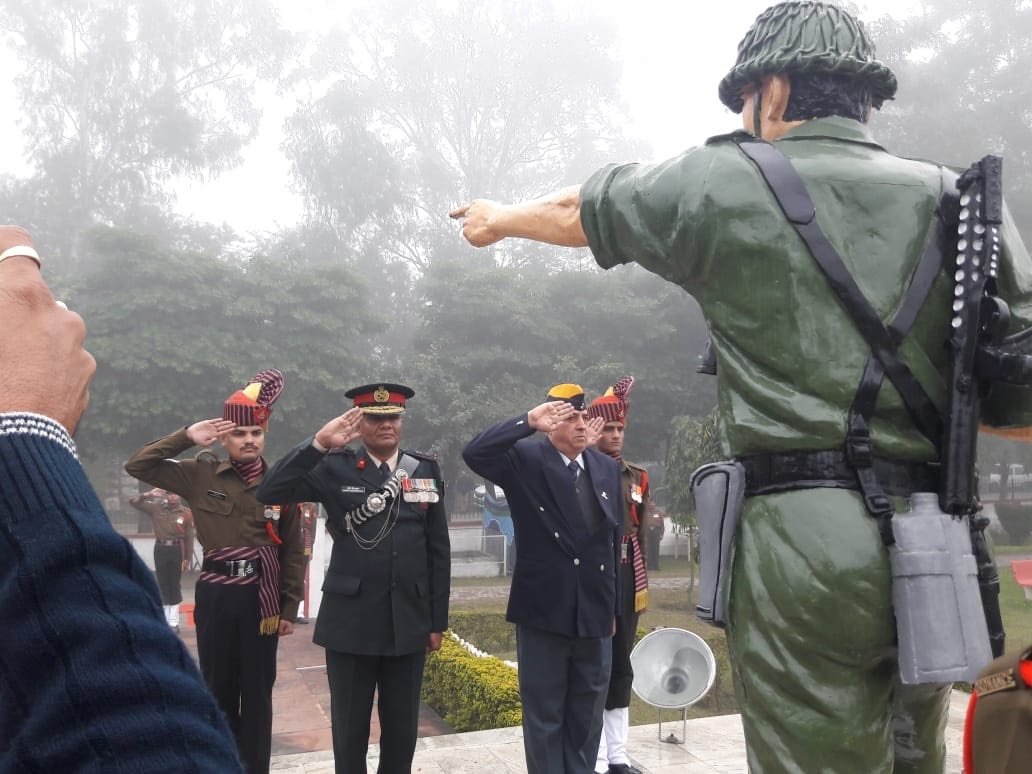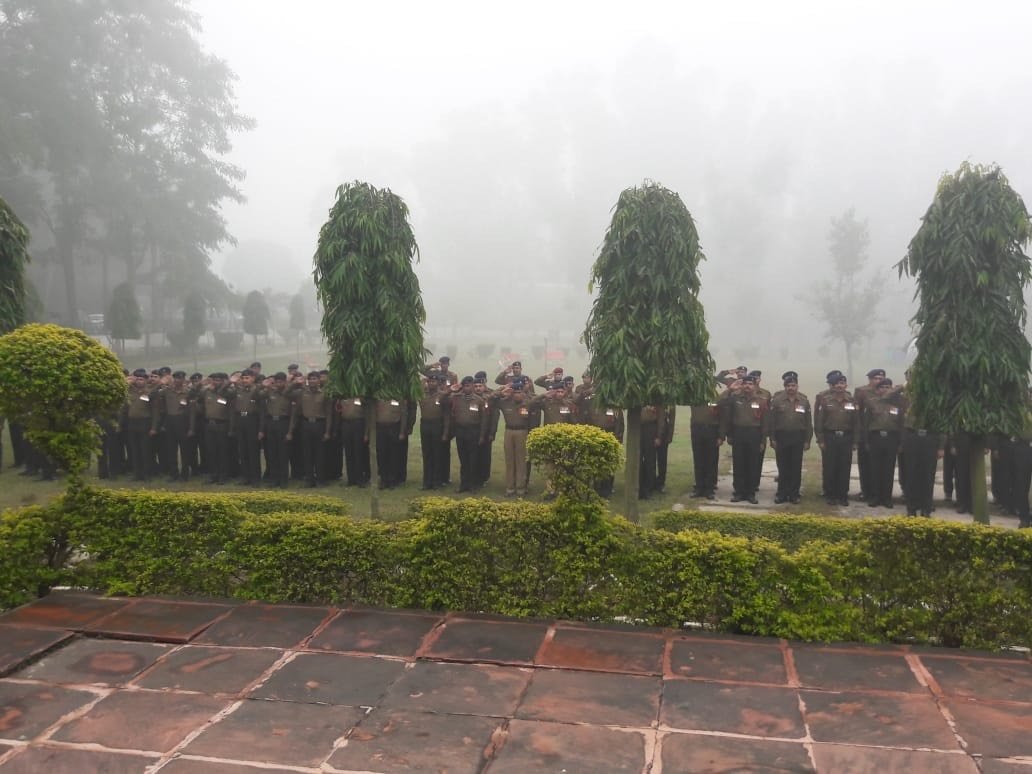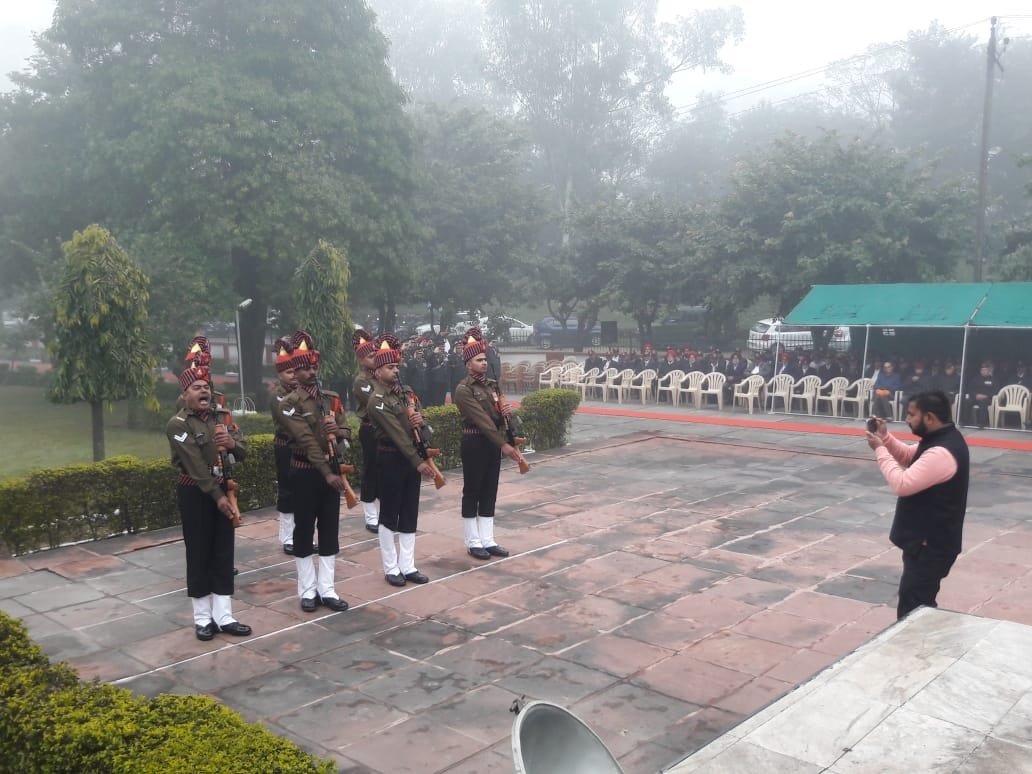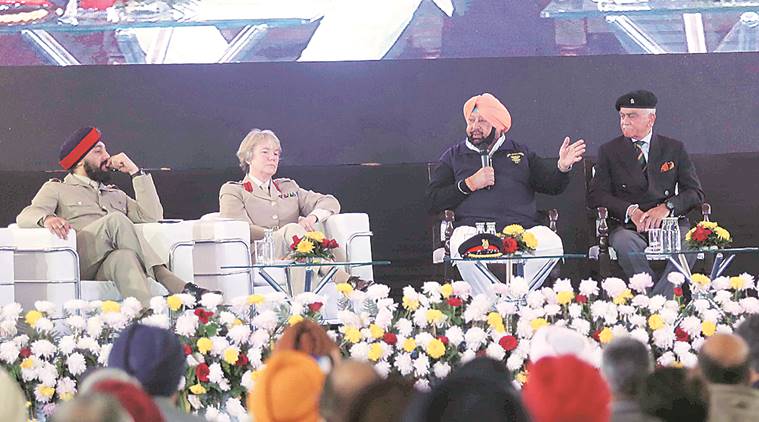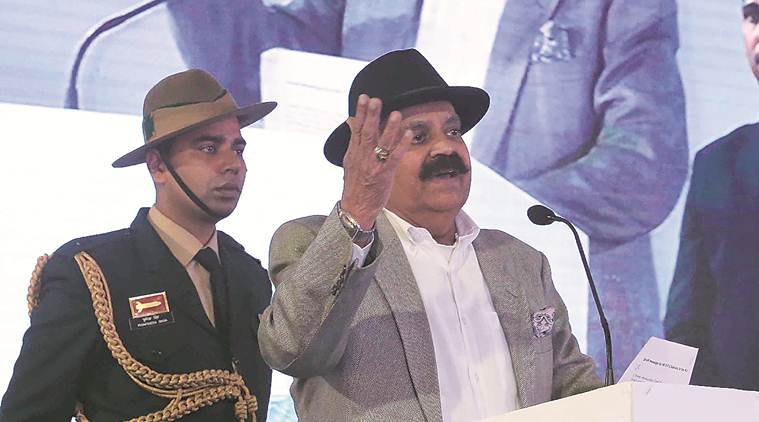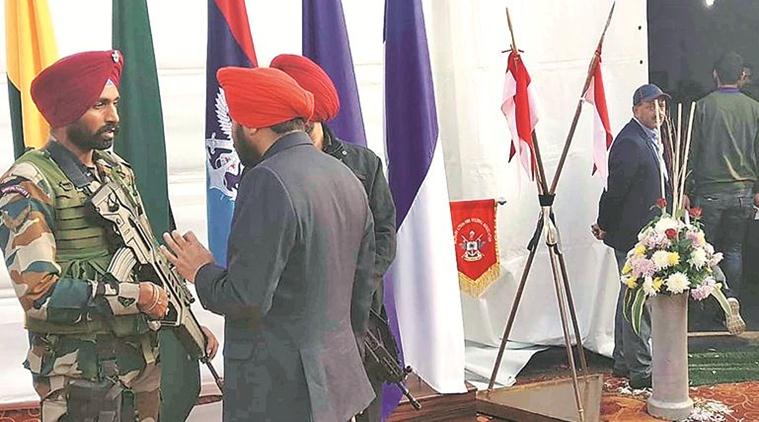HT Correspondents
letterschd@hindustantimes.com
JAMMU : Rifleman Sukhwinder Singh, 21, of Mukerian was martyred when Pakistan resorted to unprovoked ceasefire violation on the Line of Control (LoC) in the Sunderbani sector of Rajouri district on Monday.
“Rifleman Sukhwinder belonged to Fatehpur village in Mukerian teshsil of Hoshiarpur district. He was a brave, highly motivated and sincere soldier. The nation will always remain indebted to him for the supreme sacrifice and devotion to duty,” said defence spokesman Lt Col Devender Anand.
“The Indian Army responded effectively inflicting substantial damage to the Pakistan army,” he added.
Though the Indian Army claimed it to be an infiltration bid that was foiled, sources said half a dozen members of the border action team (BAT) of Pakistan army, comprising commandos of the special service group and terrorists, attempted to inflict casualties on the Indian Army posts in the area.
Another soldier, havaldar Chougule Jotiba Ganpati, was martyred in Pakistan shelling in Gurez sector of Bandipora district in Kashmir on Monday.
MOTHER UNAWARE
Relatives have so far not shared the news of rifleman Sukhwinder’s death with his widowed mother Rani.
A spokesman of the Indian Army had rung up the family on Monday evening to inform them of their son’s martyrdom but held back the news when Sukhwinder’s mother came on the line. Later, he called up another relative and informed that Sukhwinder had made the supreme sacrifice in the line of duty.
Villagers started pouring in to extend condolences to the family but no one was allowed to reach the martyr’s mother who stays in a house at a distance from the main habitation.
The martyr’s brother, Gurpal Singh, 22, said, “I don’t have the heart to disclose the unfortunate news to her. Sukhwinder’s body will reach tomorrow (Wednesday). Before that, may be one of my aunts will break the news to her.”
Gurpal, who is unemployed, said their father, Avinesh Kumar, had died a few years ago and Sukhwinder was the sole breadwinner. He said Sukhwinder had joined the 18 Jammu and Kashmir Rifles in 2017.
(With inputs from Hoshiarpur)
J&K cross-border shelling: Slain soldier’s mortal remains to reach native village in Mukerian today
This is the second death of a soldier from Mukerian subdivision in past one month. On November 19, Dimpal Kumar (21) of Saidon village had died in Siachen glacier after an avalanche hit the area.
ukhwinder is survived by his mother, Santosh Kumari, and 22-year old elder brother.
The mortal remains of Rifleman Sukhwinder Singh (21), who was killed in cross-border shelling on Monday at Sunderbani sector in Jammu’s Rajouri district, will reach his native village Fatehpur in Mukerian sub-division in Hoshiarpur on Wednesday afternoon. The family was informed about his death only on Monday late.
This is the second death of a soldier from Mukerian subdivision in past one month. On November 19, Dimpal Kumar (21) of Saidon village had died in Siachen glacier after an avalanche hit the area.
Sukhwinder, meanwhile, is survived by his mother, Santosh Kumari, and 22-year old elder brother.
His uncle, Swaran Singh, said that Sukhwinder’s father, late Avinesh Kumar Singh, had died in 2007. He was employed with the Punjab State Electricity Board. Sukhwinder’s mother had looked after both the children who were very young, added Swaran Singh.
Sukwinder had joined Army two-and-a-half years back after doing his Class 12 from Government Senior Secondary School, Talwara. His brother has also done Class 12 and is now looking for a job after finishing his studies. The family owns around a half-acre farmland.
“We were first informed by the Army officials that he got injured and then we got a call that he was killed in the shelling and a shell hit him in his head,” said Swaran Singh, adding that they were told that Sukhwinder was part of a patrolling team when the mishap took place.
He recalled that Sukhwinder, who had joined the Indian Army in April 2017, has come home last month and had returned on November 22 after spending two weeks’ at his native village.
Station House Officer (SHO) Talwara, Inspector Bhushan Sekhri, said that they informed the family after getting the information from the district authorities.
According to the press released by the Army authorities, Pakistan carried out an unprovoked ceasefire violation on the LoC in Sunderbani sector and Army responded effectively inflicting substantial damage to Pakistan Army. It is further said that Rifleman Sukhwinder Singh was a brave, highly motivated and sincere soldier, adding that the nation will always remain indebted to him for his supreme sacrifice and devotion to the duty.




















































